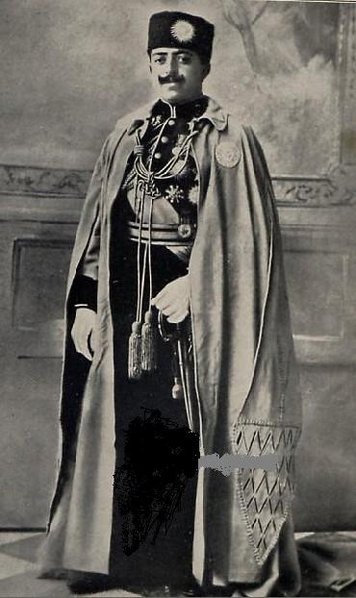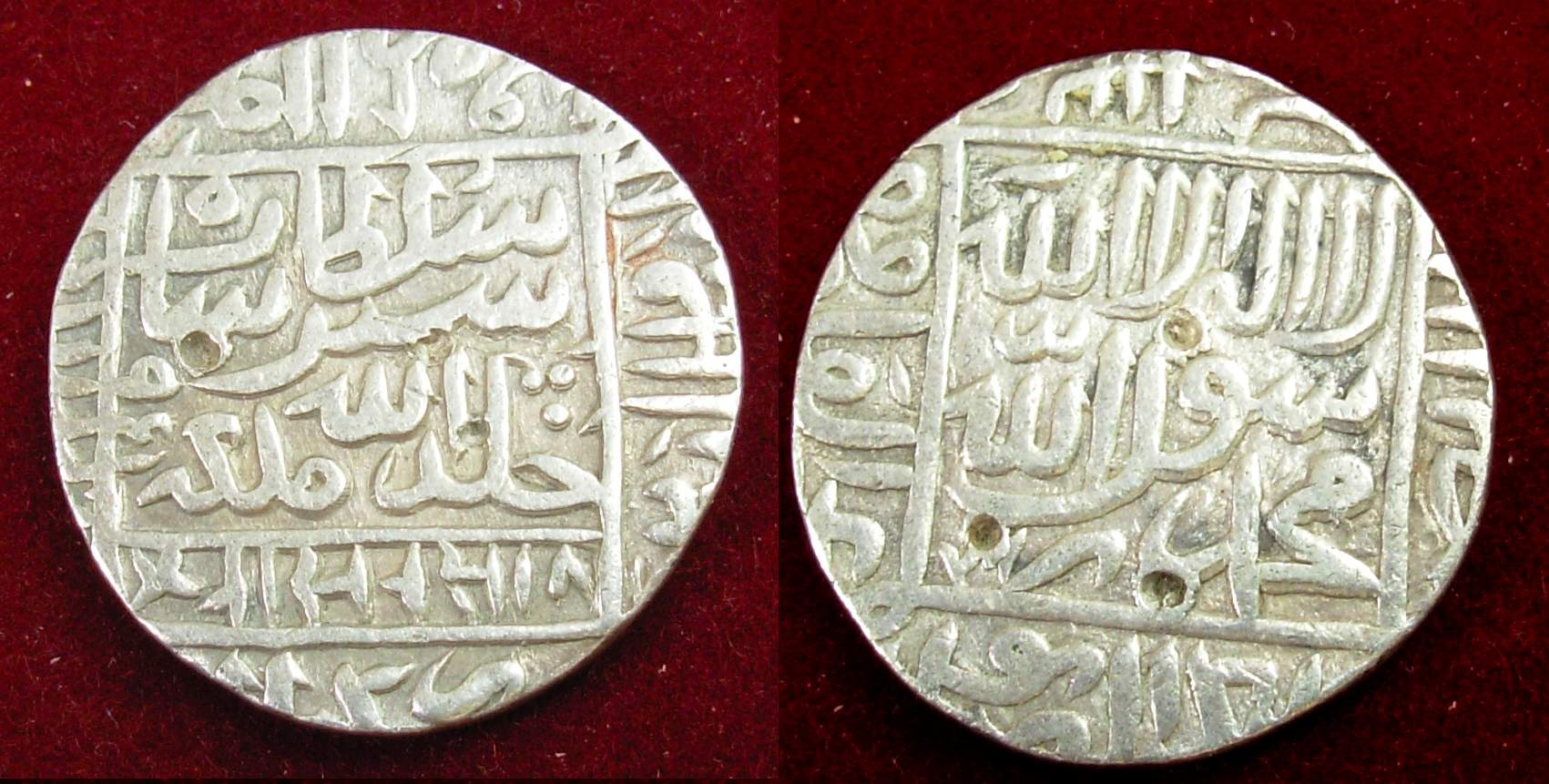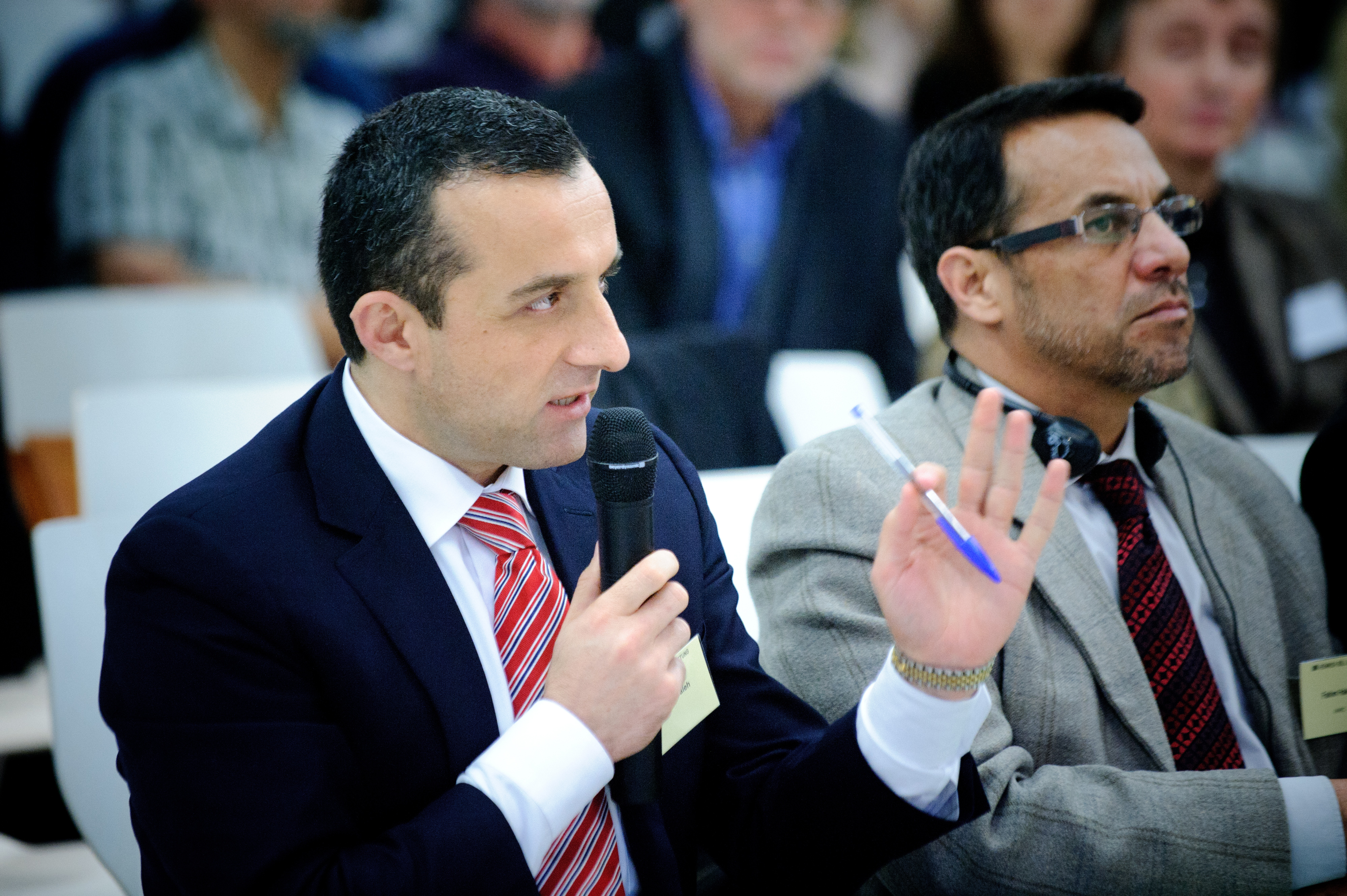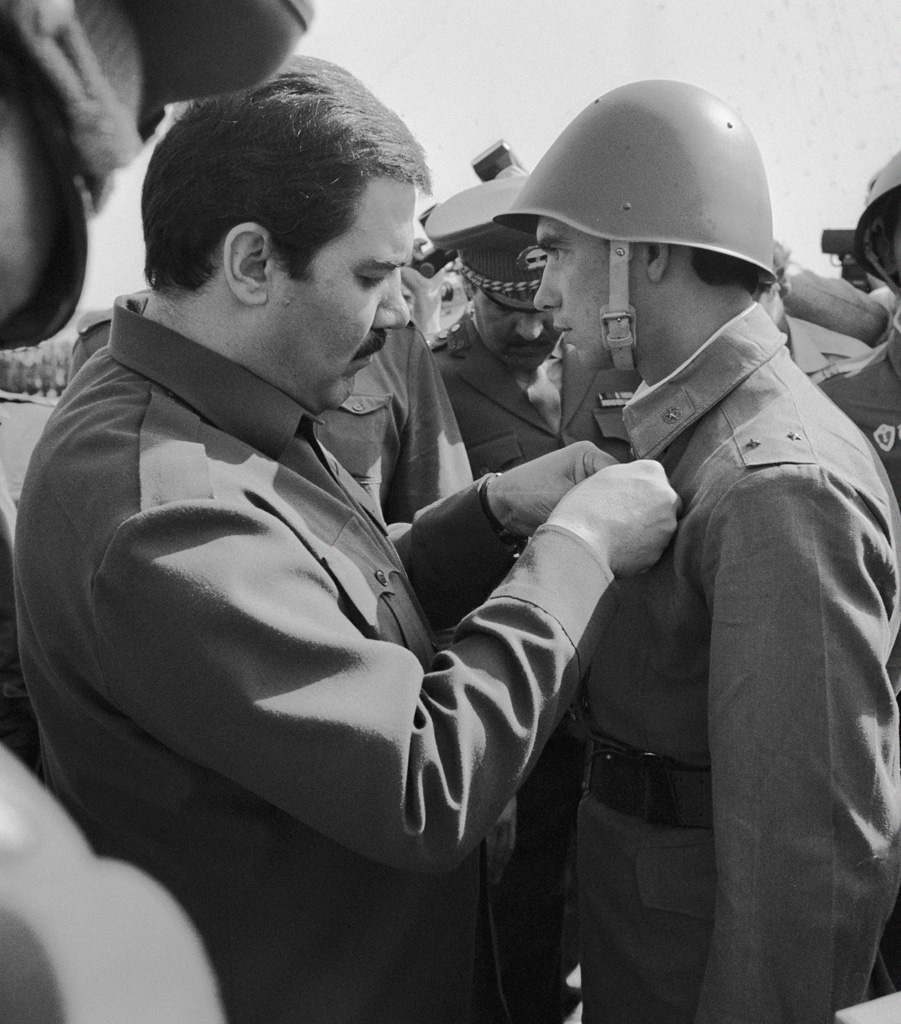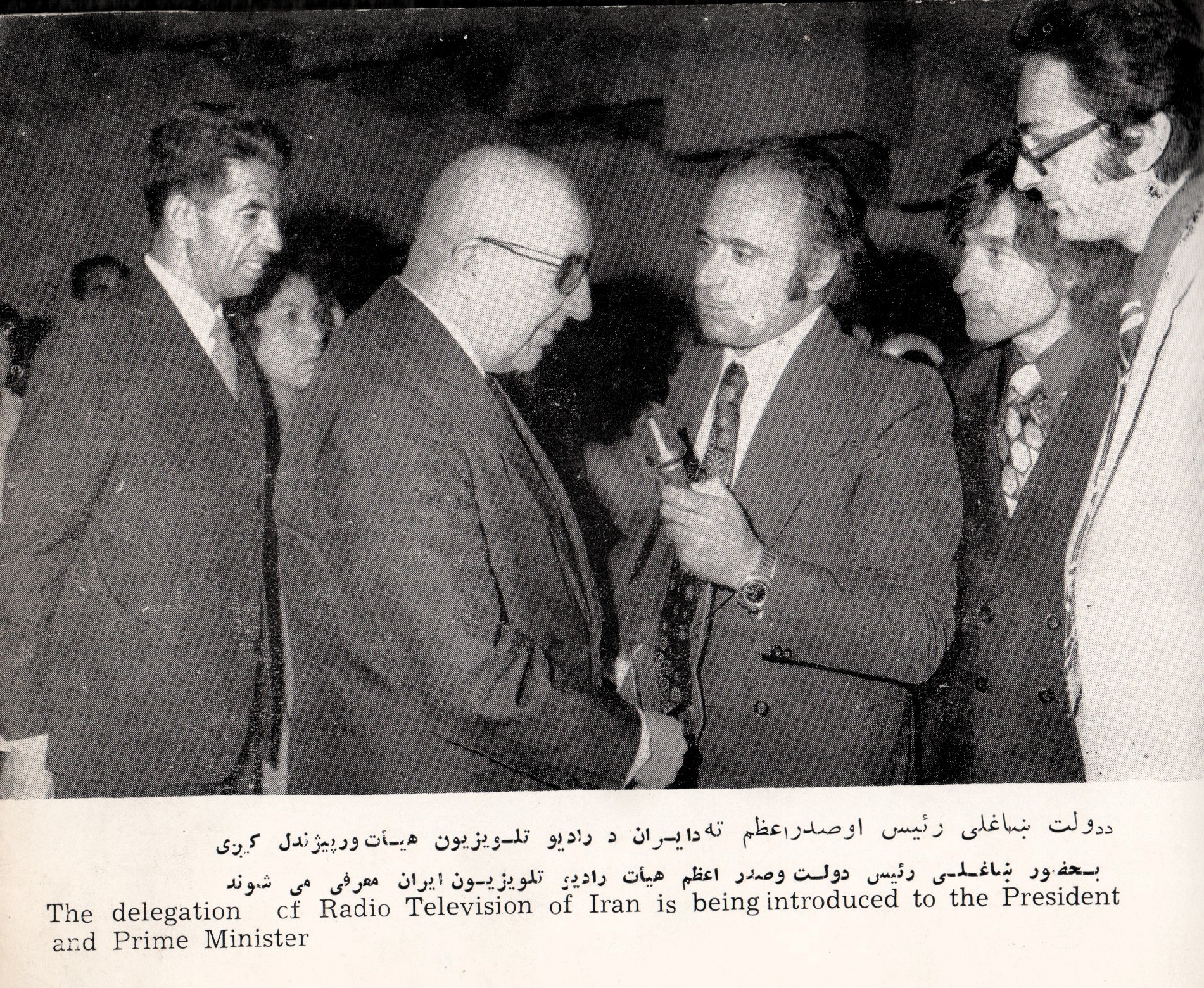|
List Of Afghans
The following is a list of notable Afghan people, which includes all the ethnic groups of the modern state of Afghanistan. Afghanistan has gone through territorial changes. This list generally excludes Ethnic Pashtuns who originate from regions that were not controlled by Afghanistan at the time, though there are exceptions for certain figures who are prominent to Pashtuns. It also includes historical figures coming from the present day borders of Afghanistan, even if they were non-Pashtuns. Monarchs *Humayun (reigned 26 December 1530 – 17 May 1540) Second Mughal emperor *Demetrius I of Bactria (c. 200 – c. 180 BCE) King of Bactria *Eucratides I (reigned 171–145 BC) King of the Bactrian Empire *Menander I (reigned 165/155–130 BC) Indo-Greek king * Mahmud of Ghazni (reigned 998 – 30 April 1030) Sultan of the Ghaznavid Empire *Ghiyath al-Din Muhammad (reigned 1163 – 11 February 1203) Sultan of the Ghurid Empire *Muhammad of Ghor (reigned 1173–1202) Sultan of th ... [...More Info...] [...Related Items...] OR: [Wikipedia] [Google] [Baidu] |
Demography Of Afghanistan
The population of Afghanistan is around 40 million as of 2021. The nation is composed of a multi-ethnic and multilingual society, reflecting its location astride historic trade and invasion routes between Central Asia, South Asia, and Western Asia. Ethnic groups in the country include Pashtun, Tajik, Hazara, Uzbeks, Nuristanis, Aimaq, Turkmen, Baloch and some others which are less known. Together they make up the contemporary Afghan people. Approximately 46% of the population is under 15 years of age, and 74% of all Afghans live in rural areas. The average woman gives birth to five children during her entire life, the highest fertility rate outside of Africa. About 6.8% of all babies die in child-birth or infancy. The average life expectancy of the nation was reported in 2019 at around 63 years, and only 0.04% of the population has HIV. Persian(Dari) and Pashto are both the official languages of the country. Dari functions as the inter-ethnic lingua franca for the vast ... [...More Info...] [...Related Items...] OR: [Wikipedia] [Google] [Baidu] |
Sher Shah Suri
Sher Shah Suri ( ps, شیرشاه سوری) (1472, or 1486 – 22 May 1545), born Farīd Khān ( ps, فرید خان) , was the founder of the Sur Empire in India, with its capital in Sasaram in modern-day Bihar. He standardized the silver coin to the weight of 178 grams and named the currency as rupee based on the ancient Sanskrit term for silver. An ethnic Pashtun ruler, Sher Shah took control of the Mughal Empire in 1540 CE. After his accidental death in 1545 CE, his son Islam Shah became his successor. He first served as a private before rising to become a commander in the Mughal army under Babur and then the governor of Bihar. In 1537, when Babur's son Humayun was elsewhere on an expedition, Sher Shah overran the state of Bengal and established the Suri dynasty. A brilliant strategist, Sher Shah proved himself as a gifted administrator as well as a capable general. His reorganization of the empire laid the foundations for the later Mughal emperors, notably Akbar, son of Hu ... [...More Info...] [...Related Items...] OR: [Wikipedia] [Google] [Baidu] |
Amrullah Saleh
Amrullah Saleh (Pashto/ prs, امرالله صالح, ; born 15 October 1972) is an Afghan politician who served as the first vice president of Afghanistan from February 2020 to August 2021, and acting interior minister from 2018 to 2019. He was the head of the National Directorate of Security (NDS) from 2004 to 2010. A member of the mujahideen during the civil war against Afghanistan's communist government, Saleh later joined Ahmad Shah Massoud's Northern Alliance, an anti-Taliban coalition in the northeast of the country. In 1997, Saleh became the head of the Northern Alliance's liaison office inside the Afghan Embassy in Dushanbe, Tajikistan, handling contacts with international non-governmental organizations and intelligence agencies. As head of the NDS, Saleh directed efforts to infiltrate the Taliban and locate Osama bin Laden. Saleh resigned from the NDS in 2010 amidst worsening relations with President Hamid Karzai, founding Basej-e Milli ("National Movement"), a ... [...More Info...] [...Related Items...] OR: [Wikipedia] [Google] [Baidu] |
Abdul Rashid Dostum In September 2014
Abdul (also transliterated as Abdal, Abdel, Abdil, Abdol, Abdool, or Abdoul; ar, عبد ال, ) is the most frequent transliteration of the combination of the Arabic word '' Abd'' (, meaning "Servant") and the definite prefix '' al / el'' (, meaning "the"). It is the initial component of many compound names, names made of two words. For example, , ', usually spelled ''Abdel Hamid'', ''Abdelhamid'', ''Abd El Hamid'' or ''Abdul Hamid'', which means "servant of The Praised" (God). The most common use for ''Abdul'' by far, is as part of a male given name, written in English. When written in English, ''Abdul'' is subject to variable spacing, spelling, and hyphenation. The meaning of ''Abdul'' literally and normally means "Slave of the", but English translations also often translate it to "Servant of the". Spelling variations Variations in spelling are primarily because of the variation in pronunciation. Arabic speakers normally pronounce and transcribe their names of Arabic origi ... [...More Info...] [...Related Items...] OR: [Wikipedia] [Google] [Baidu] |
Islamic Republic Of Afghanistan
The Islamic Republic of Afghanistan was a presidential republic that ruled Afghanistan from 2004 to 2021. The state was established to replace the Afghan interim (2001–2002) and transitional (2002–2004) administrations, which were formed after the 2001 United States invasion of Afghanistan that had toppled the partially recognized Taliban-ruled Islamic Emirate of Afghanistan. However, on 15 August 2021, the country was recaptured by the Taliban, which marked the end of the 2001–2021 war, the longest war in US history. This led to the overthrow of the Islamic Republic, led by President Ashraf Ghani, and the reinstatement of the Islamic Emirate under the control of the Taliban. The United Nations still recognizes the Islamic Republic as the legitimate government of Afghanistan instead of the Islamic Emirate, the ''de facto'' ruling government. The US–Taliban deal, signed on 29 February 2020 in Qatar, was one of the critical events that caused the collapse of the Af ... [...More Info...] [...Related Items...] OR: [Wikipedia] [Google] [Baidu] |
Ashraf Ghani
Mohammad Ashraf Ghani Ahmadzai (born 19 May 1949) is an Afghan politician, academic, and economist who served as the president of Afghanistan from September 2014 until August 2021, when his government was overthrown by the Taliban. Born in Logar Province, Ghani went to the United States in the 1960s to study and later completed a bachelor's degree at the American University in Beirut. After receiving his PhD from Columbia University, he became a professor of anthropology at numerous institutions, mostly at Johns Hopkins University, before starting to work with the World Bank. He returned to Afghanistan in 2002 after the collapse of the Taliban government, serving as the finance minister in Hamid Karzai's cabinet—where he was credited for creating a new afghani currency and a tax system — until his resignation in December 2004 to become the dean of Kabul University. In 2005 he became a member of the Commission on Legal Empowerment of the Poor, an independent initiative ho ... [...More Info...] [...Related Items...] OR: [Wikipedia] [Google] [Baidu] |
Hamid Karzai
Hamid Karzai (; Pashto/ fa, حامد کرزی, , ; born 24 December 1957) is an Afghan statesman who served as the fourth president of Afghanistan from July 2002 to September 2014, including as the first elected president of the Islamic Republic of Afghanistan from December 2004 to September 2014. He previously served as Chairman of the Afghan Interim Administration from December 2001 to July 2002. He is the chief (''khān'') of the Popalzai Durrani tribe of Pashtuns in Kandahar Province. Born in Kandahar, Karzai graduated from Habibia High School in Kabul and later received a master's degree in India in the 1980s. He moved to Pakistan where he was active as a fundraiser for the Afghan rebels during the Soviet–Afghan War (1979–1989) and its aftermath. He briefly served as Deputy Foreign Minister in the Islamic State of Afghanistan government. In July 1999, Karzai's father was assassinated and Karzai succeeded him as head of the Popalzai tribe. In October 2001 the United ... [...More Info...] [...Related Items...] OR: [Wikipedia] [Google] [Baidu] |
Burhanuddin Rabbani
Burhānuddīn Rabbānī (Persian: ; 20 September 1940 – 20 September 2011) was an Afghanistani politician and teacher who served as President of Afghanistan from 1992 to 1996 (in exile from 1996 to 2001). Born in the Badakhshan Province, Rabbani studied at Kabul University and worked there as a professor of Islamic theology. He formed the Jamiat-e Islami (''Islamic Society'') at the university which attracted then-students Gulbuddin Hekmatyar and Ahmad Shah Massoud, both of whom would eventually become the two leading commanders of the Afghan mujahideen in the Soviet–Afghan War from 1979. Rabbani was chosen to be the President of Afghanistan after the end of the former communist regime in 1992. Rabbani and his Islamic State of Afghanistan government was later forced into exile by the Taliban, and he then served as the political head of the Northern Alliance, an alliance of various political groups who fought against the Taliban regime in Afghanistan. During his time in the ... [...More Info...] [...Related Items...] OR: [Wikipedia] [Google] [Baidu] |
Mohammad Najibullah
Mohammad Najibullah Ahmadzai (Pashto/ prs, محمد نجیبالله احمدزی, ; 6 August 1947 – 27 September 1996), commonly known as Dr. Najib, was an Afghan politician who served as the General Secretary of the People's Democratic Party of Afghanistan, the leader of the one-party ruling Democratic Republic of Afghanistan from 1986 to 1992 and as well as the President of Afghanistan from 1987 until his resignation in April 1992, shortly after which the mujahideen took over Kabul. After a failed attempt to flee to India, Najibullah remained in Kabul. He lived in the United Nations headquarters until his assassination by the Taliban after their capture of the city. A graduate of Kabul University, Najibullah held different careers under the People's Democratic Party of Afghanistan (PDPA). Following the Saur Revolution and the establishment of the Democratic Republic of Afghanistan, Najibullah was a low profile bureaucrat. He was sent into exile as Ambassador to Iran dur ... [...More Info...] [...Related Items...] OR: [Wikipedia] [Google] [Baidu] |
Nur Muhammad Taraki
Nur Muhammad Taraki (; 14 July 1917 – 9 October 1979) was an Afghan revolutionary communist politician, journalist and writer. He was a founding member of the People's Democratic Party of Afghanistan (PDPA) who served as its General Secretary from 1965 to 1979 and Chairman of the Revolutionary Council from 1978 to 1979. Taraki was born in Nawa, Ghazni Province, and graduated from Kabul University, after which he started his political career as a journalist. From the 1940s onward Taraki also wrote novels and short stories in the socialist realism style. Forming the PDPA at his residence in Kabul along with Babrak Karmal, he was elected as the party's General Secretary at its first congress. He ran as a candidate in the 1965 Afghan parliamentary election but failed to win a seat. In 1966 he published the ''Khalq'', a party newspaper advocating for class struggle, but the government closed it down shortly afterward. In 1978 he, Hafizullah Amin and Babrak Karmal initiated the ... [...More Info...] [...Related Items...] OR: [Wikipedia] [Google] [Baidu] |
Daoud Khan
Mohammed Daoud Khan ( ps, ), also romanized as Daud Khan or Dawood Khan (18 July 1909 – 28 April 1978), was an Afghan politician and general who served as prime minister of Afghanistan from 1953 to 1963 and, as leader of the 1973 Afghan coup d'état which overthrew the monarchy, served as the first president of Afghanistan from 1973 to 1978, establishing an autocratic one-party system. Born into the Afghan royal family and addressed by the prefix "Sardar", Khan started as a provincial governor and later a military commander before being appointed as Prime Minister by his cousin, King Mohammed Zahir Shah. Having failed to persuade the King to implement a one-party system, Khan overthrew the monarchy with the backing of Afghan Army officers, and proclaimed himself the first President of the Republic of Afghanistan. Khan was known for his autocratic rule, and for his educational and progressive social reforms. Under his regime, he headed a purge of communists in the government, ... [...More Info...] [...Related Items...] OR: [Wikipedia] [Google] [Baidu] |
Khalji Dynasty
The Khalji or Khilji (Pashto: ; Persian: ) dynasty was a Turco-Afghan dynasty which ruled the Delhi sultanate, covering large parts of the Indian subcontinent for nearly three decades between 1290 and 1320.Dynastic Chart , v. 2, ''p. 368.'' Founded by Jalal ud din Firuz Khalji as the second dynasty to rule the Delhi Sultanate of India, it came to power through a revolution t ... [...More Info...] [...Related Items...] OR: [Wikipedia] [Google] [Baidu] |
